The Constitution prohibits monopolies and monopolistic practices and states what does not constitute a monopoly, such as the minting of currency, the issuance of banknotes, workers’ associations, and the protection of authors and artists, among others.
The Magna Carta also orders the economic competition authorities to prevent, investigate and combat monopolies, monopolistic practices, concentrations, and other restrictions to the efficient operation of markets.
The prohibition of monopolies in Mexico dates to the 19th century, but competition policy began with the Federal Law of Economic Competition (LFCE).
In general terms, the concept of monopoly refers to a situation in which a company or group of companies has control over the production, distribution, and commercialization of a good or service in a given market.
Monopolies can harm the economy, innovation, and consumer welfare, as they are companies that dominate a specific market and operate without significant competition, so their regulation is a matter of great importance.
Article 28 of the Mexican Constitution prohibits monopolies, but there is no per se sanction for monopolies in the LFCE. This is relevant because the structure of the LFCE sanctions acts tends to monopolize or monopolistic behavior but does not sanction economic agents based on their size.
In these 30 years, the regulation of economic competition has been strengthened. Initially, only monopolistic practices and illicit concentrations were sanctioned. Subsequently, regulatory procedures were incorporated in those markets where there is no effective competition.
Indeed, the 1992 LFCE prohibited monopolistic practices and unlawful concentrations; in the first case, monopolistic behavior is sanctioned, in the second, acts tend to monopolize.
With the reform of the legal framework in 2006, a broader catalog of monopolistic practices was included, and the competition authority is allowed to intervene to analyze markets where there are restrictions to competition.
Thus, a procedure was created for the Commission to determine the lack of effective competition or the existence of substantial power in regulated sectors, so that the competent authorities of the sector could impose a regulation on the economic agent, generally tariff regulation. The Commission was also empowered to prevent the participation of an economic agent in public bidding processes to obtain concessions, permits, assignments or shares of concession or permit companies when such participation would affect the process of competition and free market access.
The new LFCE of 2014, incorporates the so-called “incremental powers”, which consist of the regulation of essential facilities, which is an input indispensable for the provision of goods or services in one or more markets, and that has no close substitutes, as well as the regulation of barriers to competition, which is any structural market characteristic, act or deed performed by economic agents with the purpose or effect of impeding the access to competitors or limiting their ability to compete in the markets; which impedes or distort the process of competition and free market access.
In summary, the LFCE establishes a series of prohibitions on economic agents, which may result in fines and administrative and criminal sanctions, as well as a series of administrative procedures in the absence of structural conditions for competition, which culminate, among other measures, in regulation to economic agent involved.
Image credit: © COFECE / Source: https://www.cofece.mx/wp-content/uploads/2023/06/logo30anos3D_Mesa-de-trabajo-1.png


